
China Lays The Chip Foundation For Its Next Platform
It would be far beyond the purview of The Next Platform to have deep insight to the complexity, scope, and scale of the Chinese economy. …

It would be far beyond the purview of The Next Platform to have deep insight to the complexity, scope, and scale of the Chinese economy. …
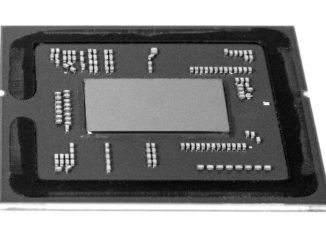
Breaking into the datacenter with a new chip architecture is probably more difficult than getting by the security in a modern glass house and literally breaking into it, either physically or digitally over the wire. …

We can talk about storage and networking as much as we want, and about how the gravity of data bends infrastructure to its needs, but the server – or a collection of them loosely or tightly coupled – is still the real center of the datacenter. …
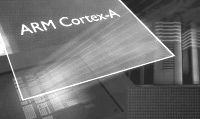
One look at the architectural ambitions for next-generation supercomputers in the United States versus those in Europe reveals an expected, but no less striking, emphasis on ARM systems for high performance computing applications. …
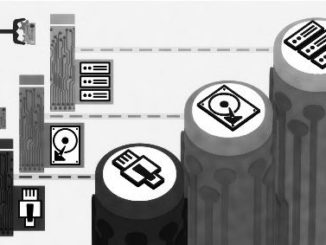
With the launch today by AMD of the “Seattle” Opteron A1100, that makes three 64-bit ARM processors that are finally in production for servers, storage, and switches in the datacenter. …
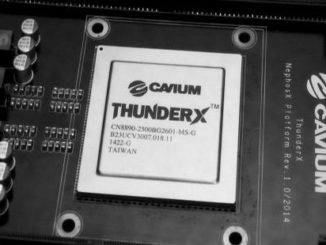
If it was as easy as global replacing a bunch of MIPS cores with a bunch of ARM cores, then network chip makers Cavium and Broadcom would already have long since put their respective “ThunderX” and “Vulcan” 64-bit ARM server processors into the market. …
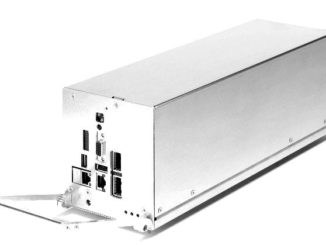
Every supercomputing center in the world is wrestling with the issues of power, cooling, and compute density, but some have tighter constraints than others and need to have more energy efficient machines than they can get with standard clusters of rack servers. …

For ARM processors to take off in the HPC arena, a whole bunch of pieces have to come together to create a platform that can compete against more established architectures. …
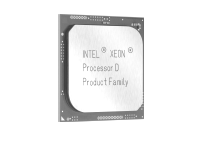
Very few things happen in the IT vendor community without orchestration. …
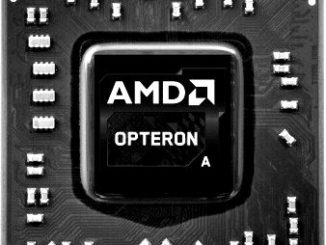
As we pointed out in the analysis opening up this series on the future prospects for ARM-based servers, it has been quite a challenge getting all of the hardware, software, and money lined up to storm the datacenter. …
All Content Copyright The Next Platform